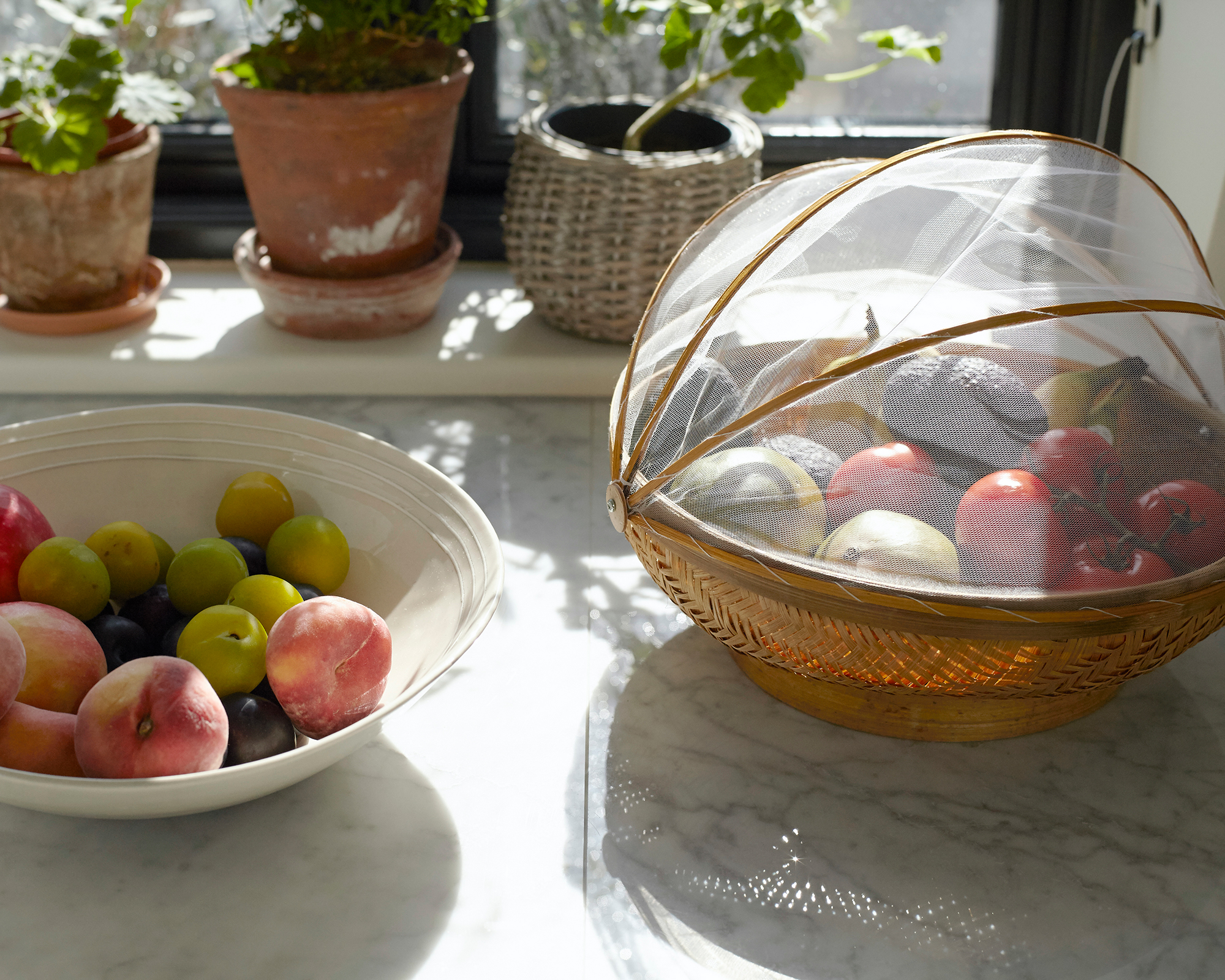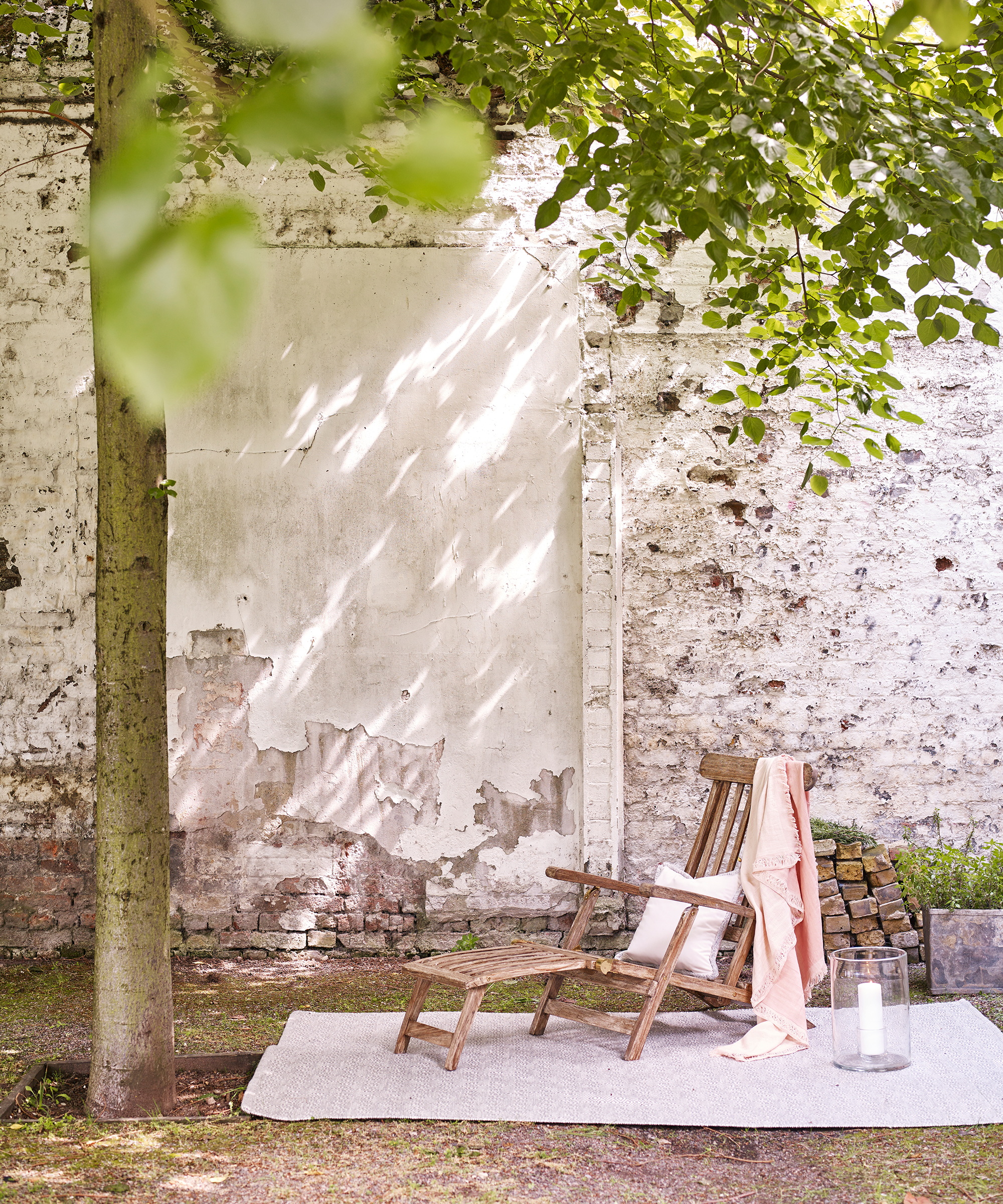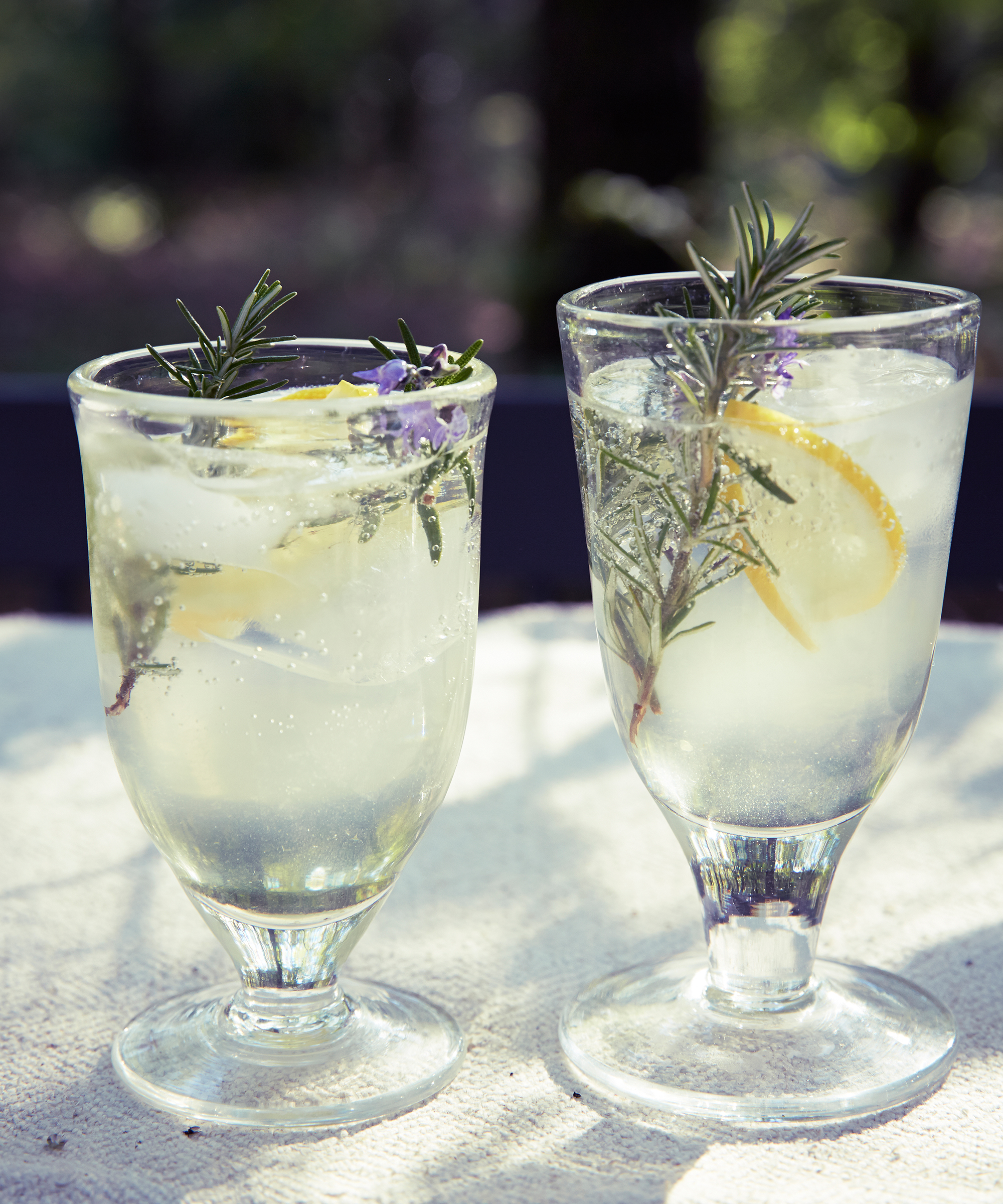How to get rid of wasps
Stay sting and fuss-free. This is how to get rid of wasps inside and in the yard


Design expertise in your inbox – from inspiring decorating ideas and beautiful celebrity homes to practical gardening advice and shopping round-ups.
You are now subscribed
Your newsletter sign-up was successful
Want to add more newsletters?

Twice a week
Homes&Gardens
The ultimate interior design resource from the world's leading experts - discover inspiring decorating ideas, color scheming know-how, garden inspiration and shopping expertise.

Once a week
In The Loop from Next In Design
Members of the Next in Design Circle will receive In the Loop, our weekly email filled with trade news, names to know and spotlight moments. Together we’re building a brighter design future.

Twice a week
Cucina
Whether you’re passionate about hosting exquisite dinners, experimenting with culinary trends, or perfecting your kitchen's design with timeless elegance and innovative functionality, this newsletter is here to inspire
They are one of the most unnerving pests to find in and around your home, so knowing how to get rid of wasps is a must for many. Fear, and in some cases first-hand experience, of their painful sting is enough to make them one of the most unpopular of uninvited species.
However, the yellow and black insects are actually essential to garden ideas. Not only are they great pollinators but they also help get rid of aphids.
If your aim is to enjoy a drink in the garden undisturbed your first course of action should be deterrence rather than extermination, and these are tried and tested tips on how to get rid of wasps.
But if you do find a nest nearby or in your backyard, it is important to deal with it immediately to keep you and your family safe. In these circumstances we would advise calling an exterminator, instead of dealing with it yourself.
How to get rid of wasps

This is how to deter wasps – if you want to get rid of wasps for good, keep reading down.
1. Keep food covered
Getting rid of fruit flies is important for hygiene reasons, but wasps can sting, too, so it’s important not to attract them into your home.
Wasps have a sweet tooth. If you have a cake, jams or cookies out in the yard or near an open window be sure to keep them covered.
Design expertise in your inbox – from inspiring decorating ideas and beautiful celebrity homes to practical gardening advice and shopping round-ups.
The same goes for your bins. Wasps aren’t concerned whether the food is on a plate or in the trash. So keep the lid on any food bins to avoid attracting their attention. These are techniques that will help you get rid of ants, too.
2. Deter wasps with strong scents
‘Smells that can be used to discourage wasps from certain areas include tomato stems, fresh mint, ground coffee and cloves,’ says Catherine Alyons at Garden Buildings Direct.
Consider growing herbs indoors that are strong smelling on a kitchen windowsill to keep wasps out. Essential oils can also be used to keep wasps at bay.
According to a study in the journal of pest management science in 2013, peppermint oil is almost guaranteed to keep wasps away. Add a few drops of peppermint oil to a tissue or cotton wool balls and scatter them around the garden. Place between decking, porch roofs and any other gaps in which wasps could congregate.
You can use a physical deterrent in the form of a faux nest wasp deterrent, too.

3. Burn citronella candles
Get rid of mosquitoes along with banishing wasps using citronella. During the summer, burning strong-smelling citronella candles can deter wasps from gatecrashing an al fresco dinner or family BBQ. Wasps dislike the strong citrus scent.
Citronella incense burners are just as effective, if you’d prefer not to have an open flame on the table.
4. Distract wasps with something sweet
If you have a large garden, and wish to keep the wasps away during dinner or while you’re doing the gardening try your hand at a spot of subterfuge.
‘Consider placing a small glass of orange juice in a remote corner of their garden to draw wasps away from an occupied area,’ suggests Catherine Alyons. This distraction technique can be used with overripe fruit, sugar water and banana skins.
5. Avoid leaving outside lights on
Leaving outdoor lights on at night will attract insects, and subsequently the wasps that feed this prey to their young. To keep wasps away from your porch and other areas, remember to turn outside lights off to avoid attracting the insects, and hopefully not have to face any hungry wasps.
6. Do not swat wasps!
'If a wasp decides to crash your al fresco lunch, the worst thing you can do is start flapping your arms in an attempt to swat it away,' says Walter Murphy, pest control expert at Price Your Job. 'These movements can excite or enrage the wasp, making it more likely to sting you. Even though it is hard, the best thing to do is to stay as still and calm as possible.'
7. Avoid bright colors
'As well as being guided to food by their sense of smell, wasps are drawn towards bright colors,' says Walter Murphy. 'Therefore, it's best to avoid wearing bright clothing or planting colourful flowers in your garden, as this could attract hordes of wasps.
'Instead, wear light and pale colors to significantly reduce your chance of getting stung. White, tan, cream or grey are considered safe colors, as opposed to yellow, orange or red, which may be perceived as a threat.'
How to get rid of wasps for good

Killing wasps should always be a last resort. However, if you find you are constantly diving out of the way of a wasp, try one of the methods below to get the problem under control.
1. Use sugar and water traps
A trap can help get rid of slugs, and the same goes for wasps. For the yellow and black visitors, place a solution of sugar and water in an open bottle or a purpose made wasp trap. The sugary solution will attract the wasp, who will become trapped in the vessel and die.
If you choose this method be extremely careful when emptying the traps. It can lead to some very angry wasps, who are more likely to sting you. So make sure all the wasps are dead before attempting to empty.
2. Douse wasps in soapy water
You have to be extremely careful when killing a wasp. Swatting a wasp will not only likely leave you with a nasty sting, but when squashed wasps release a chemical alarm that signals to other wasps to attack.
Dish detergent is a surprisingly effective tool against wasps. The soap quickly kills the wasps by clogging their breathing spores. Get rid of individual wasps by spraying them with the soapy water mixture.

3. Use WD-40
WD-40 can be use to both kill wasps and stop them from nesting. Wasps are territorial, so will return to the same nesting spot every year.
To keep wasps from returning, spray any former wasp next spots with WD-40. Apply it liberally underneath gutters, and anywhere you have spotted wasps congregating.
WD-40 can also be used to kill an active wasps nest. Spray the nest liberally, erring on the side of caution. You want the entire nest to be soaked. Wait at least an hour to ensure all the wasps have died before knocking the nest down and disposing of it. This household product can also be used to get rid of burrowing carpenter bees.
4. Call in an exterminator
If you do find that you have a wasp nest in your garden or home, rather than handling it yourself we would advise calling in the professionals.This is essential if the nest is in an awkward or hard to reach place. They should be able to get rid of the nest safely and securely.
However you choose to get rid of the wasps in and around your home always remember not to swat!

Rebecca has been working as a homes and interiors journalist for over four years. She first discovered her love of interiors while interning at Harper's Bazaar and Town & Country during my Masters in Magazine Journalism at City, University of London. After graduating she started out as a feature writer for Women's Weekly magazines, before shifting over to online journalism and joining the Ideal Home digital team covering news and features. She is passionate about shopping for well-crafted home decor and sourcing second-hand antique furniture where possible.